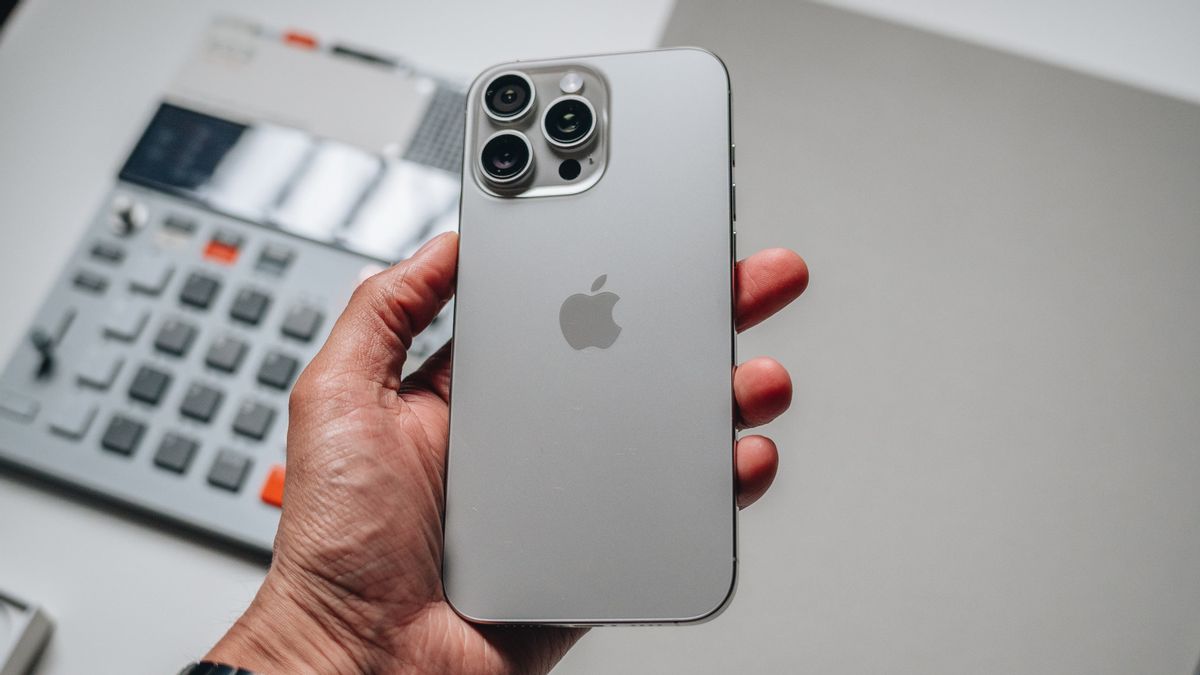JAKARTA - More and more iPhone 16 Pro users are reporting frequent and periodic touchscreen response issues. Users complain of undetected taps and swipes on the screen, which disrupts various interactions such as scrolling, pressing buttons, and typing on the virtual keyboard.
Based on testing, reader reports, and complaints that have emerged on various online platforms, this issue appears to be caused by a software bug, not a hardware defect. Specifically, the accidental touch rejection algorithm on iOS appears to be too sensitive, so that touches that should be detected are ignored.
Users unknowingly trigger the system to reject touches by making accidental contact with other parts of the screen. Some users report specific problems when their fingers are near the camera controls on the right side of the screen, although this issue also affects all four sides of the screen equally.
When this problem occurs, the iPhone software often ignores all new touches on the screen for a few moments, causing the intended taps and swipes to be missed. This behavior was clearly demonstrated by Khaos Tian in a post on Mastodon, although in practice, the position of the finger touching the screen can be more subtle.
SEE ALSO:
This issue is likely exacerbated by the iPhone 16 Pro's thinner-than-ever screen bezels, which make it easier for users' skin to accidentally touch the edges of the screen. Since it only takes a little skin contact to trigger touch rejection, users may not realize the cause of this issue.
This issue can occur when users hold the phone naturally, with their fingers wrapped around the sides of the device. This issue occurs more often when the phone is used without a case, because it is easier for fingers to rest on the thin edges of the screen. However, even with a case, this issue can still occur, although less frequently.
This issue appears on iPhones running iOS 18 and iOS 18.1 beta versions. The public is quite confident that Apple can fix this issue through a software update. Interestingly, this issue does not occur when the device is locked, and only appears when the phone is unlocked, such as when scrolling through apps or switching between home screen pages. This further strengthens the suspicion that the issue is software related, not hardware.
The English, Chinese, Japanese, Arabic, and French versions are automatically generated by the AI. So there may still be inaccuracies in translating, please always see Indonesian as our main language. (system supported by DigitalSiber.id)


















